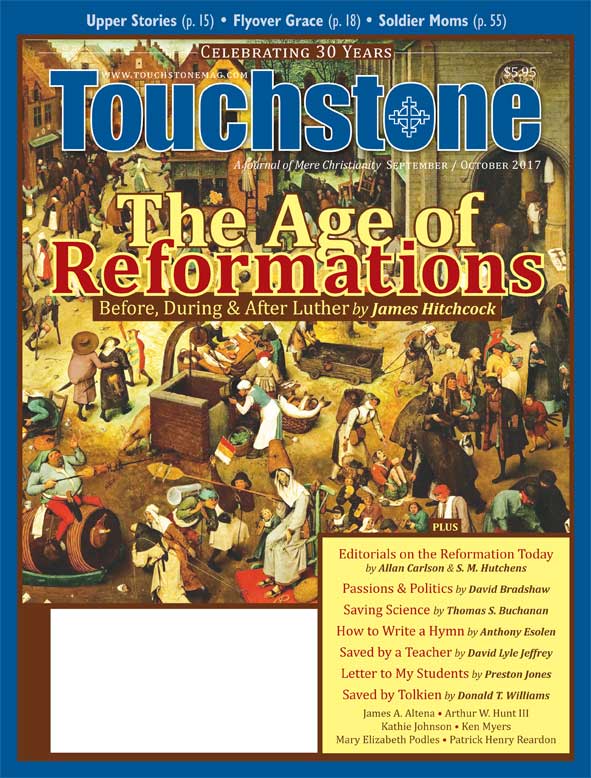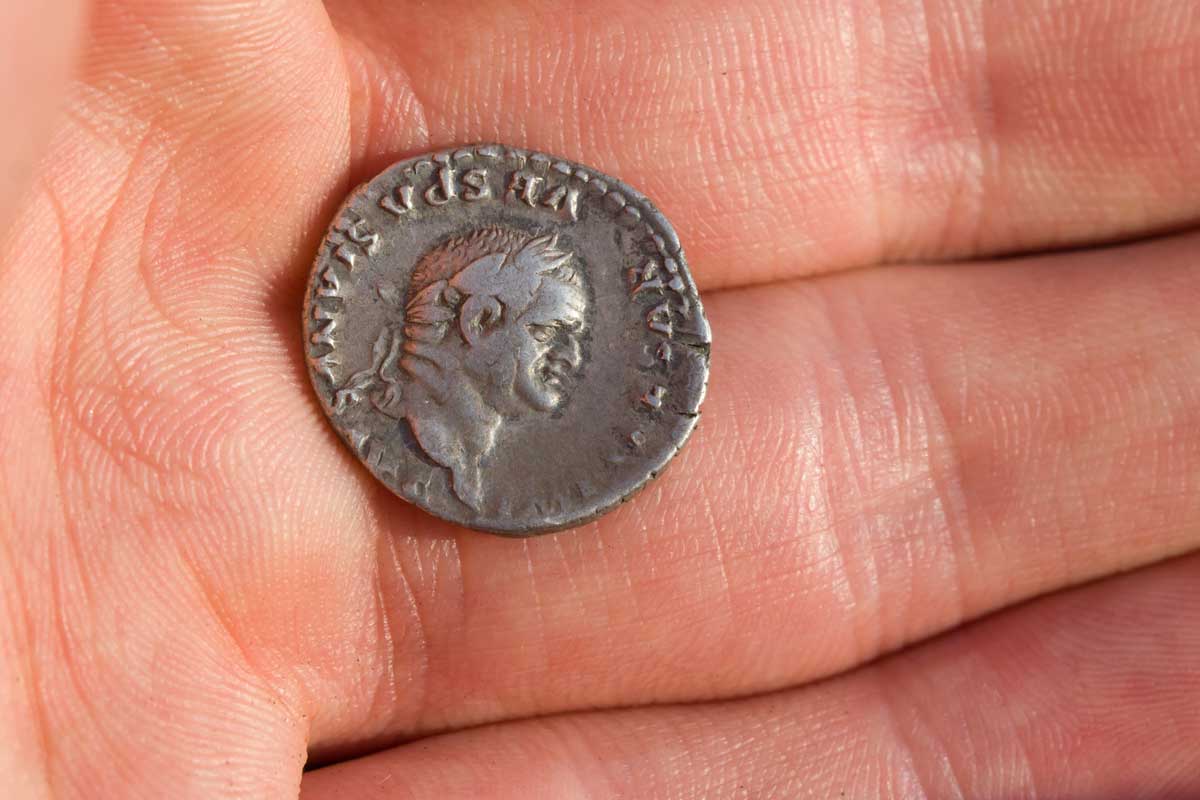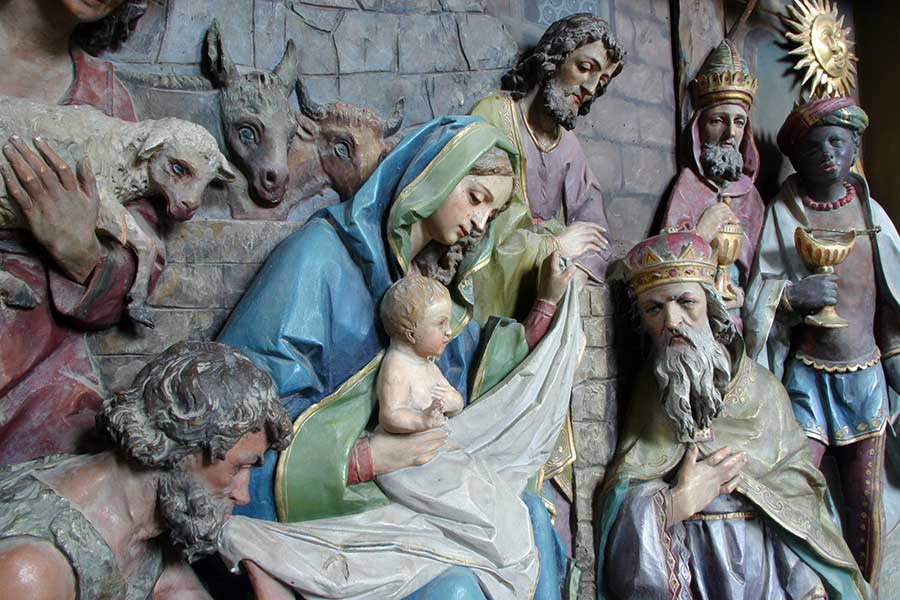First Books
American History II
by Kathie Johnson
In my last column, I featured historical fiction represented in picture books. Now, I'd like to turn to the next reading level—what I call "Middle Fiction," which is generally for the first- to fourth-grader. There is quite a range, from books with lots of pictures to books that have no pictures but are fairly short and have lots of "white" on each page. Children of this age are generally becoming interested in the lives of people from different times, so these books are often popular.
Book Series
There are several good series of historical fiction for this stage. "My America" is a branch of the "Dear America" series, but for younger readers. The books, which are generally written by experienced children's authors, give a picture of a period in American history through the diary of a child. Included are Corey's Underground Railroad Diaries, Hope's Revolutionary War Diaries, Elizabeth's Jamestown Diaries, and Virginia's Civil War Diaries. No pictures in these, but large print and just 100 pages. The "American Girl" books feature characters from many periods of American history, including colonial, frontier, and World War II.
Another series is "Once Upon America." These books have about 50 pages each, but are denser than those described above, and there are a few pictures. Included are The Day It Rained Forever (The Johnstown Flood), Close to Home (the polio epidemic), Red Means Good Fortune (the Chinese immigrant experience in San Francisco), and Night Bird (the Seminole Indians).
Native Americans
Besides these series, there are a huge number of books written for this level, which I can only touch on here. For Native Americans, try Buffalo Jump, by Peter Roop, in which a young boy wants to go on a hunt with the men and earn a name for himself. Journey to Cahokia by Albert Lorenz, with beautiful illustrations, tells of a boy who goes with his tribesmen to visit a great mound city along the Mississippi River. Conquista, by Clyde Robert Bulla (who writes many books for this level) is a tale of what happened when the explorer Coronado lost a horse and what the Native Americans thought of it.
Colonial Times
For colonial days, a classic is The Courage of Sarah Noble by Alice Dalgliesh, which tells the story of a young girl and her father in early Connecticut. Iris Vinton's Boy on the Mayflower brings the Pilgrim crossing to life. Jean Fritz's Who's Saying What in Jamestown, Thomas Savage? tells about a boy (a real person) who was asked to live with the Indians in order to become an interpreter and got to know Pocahontas.
An excellent and well-liked series on this period is "Adventures in Colonial America," by James E. Knight. The books are about 30 pages long, with illustrations on each page. They cover a wide range of colonial experiences. For example, The Farm—Life in Colonial Pennsylvania tells of a 16-year-old boy who came to America as an indentured servant and looks back on his five years of work.
American Revolution
Kathie Johnson has always had a love for children's books. She collected many as a teacher and began sharing them with other teachers. In 1986, she opened a children's library in her home, and it has continued to expand over the years. Many home-schooled and schooled children borrow books from it, and she takes great pleasure in finding the "right" book for a child. She attends First Presbyterian Church in Berkeley.
subscription options
Order
Print/Online Subscription

Get six issues (one year) of Touchstone PLUS full online access including pdf downloads for only $39.95. That's only $3.34 per month!
Order
Online Only
Subscription

Get a one-year full-access subscription to the Touchstone online archives for only $19.95. That's only $1.66 per month!
bulk subscriptions
Order Touchstone subscriptions in bulk and save $10 per sub! Each subscription includes 6 issues of Touchstone plus full online access to touchstonemag.com—including archives, videos, and pdf downloads of recent issues for only $29.95 each! Great for churches or study groups.
Transactions will be processed on a secure server.
more on childrens books from the online archives
more from the online archives
calling all readers
Please Donate
"There are magazines worth reading but few worth saving . . . Touchstone is just such a magazine."
—Alice von Hildebrand
"Here we do not concede one square millimeter of territory to falsehood, folly, contemporary sentimentality, or fashion. We speak the truth, and let God be our judge. . . . Touchstone is the one committedly Christian conservative journal."
—Anthony Esolen, Touchstone senior editor









